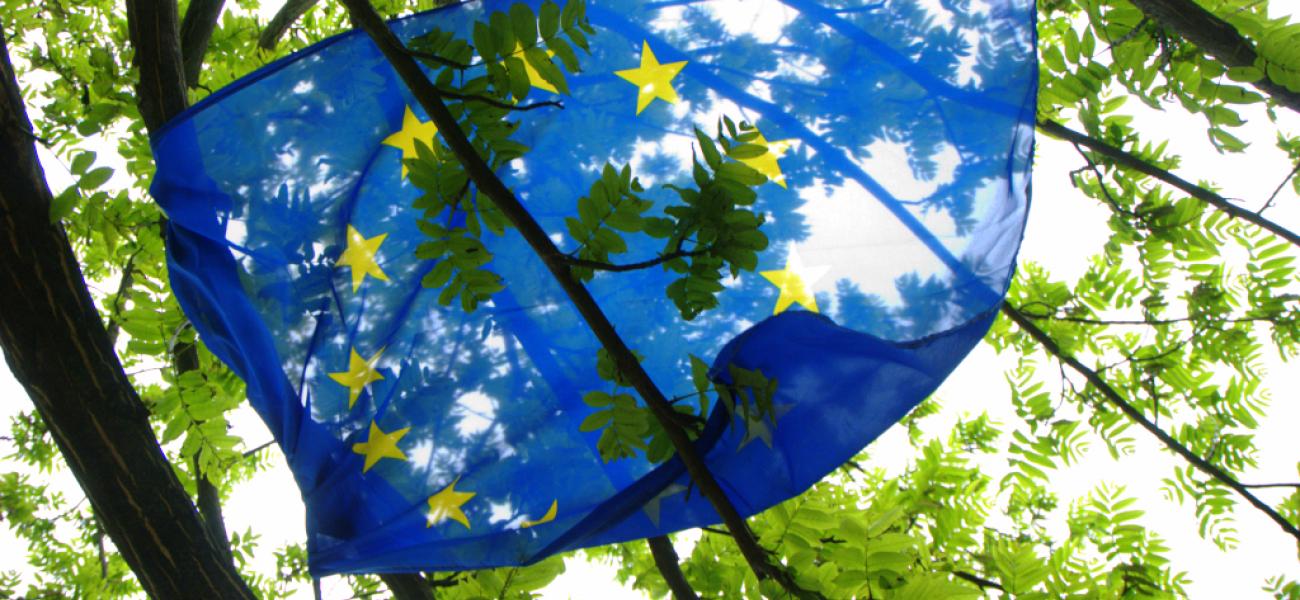
The Strategic Case for EU-Russia Cooperation
This report originally appeared on the European Leadership Network (ELN) website.
A new European Leadership Network (ELN) report examines Russia and the EU’s strengths, weaknesses, opportunities and threats and determines that there is a long term rationale for a more cooperative relationship, despite the current disagreements and difficulties.
The report ‘The Strategic Case for EU-Russia Cooperation’ argues that that there has been a lack of vision on both sides on how to overcome current tensions and sets out why cooperation is both desirable and necessary.
The authors’ analysis of Russia and the EU reveals that:
- Despite its many failings, Russia is not as economically weak as some claim, nor as militarily powerful as is often made out. Russia still has great opportunities but also faces major threats.
- On the EU side, despite having some of the preeminent global diplomatic powers as members and exceptional opportunities provided by the world’s richest single market, the EU is facing significant challenges regarding 1) its own internal unity, as evidenced by Brexit 2) sclerotic economic growth and 3) a worsening threat environment from an arc of instability to the south and east.
- The absence of cooperation between Russia and the EU could see both sides’ strengths diminished and weaknesses exacerbated, missing important opportunities and leaving threats unmanaged. Cooperation is therefore both desirable and necessary.
The authors outline a pathway to EU-Russia cooperation, setting out how the strategic rationale for cooperation can begin to shape everyday relations rather than be overshadowed by them. These recommendations are:
- Both sides should take steps to prevent the relationship worsening further still through new military to military arrangements between Russia and EU member states, almost all of which are also members of NATO;
- There should be a gradual lifting of EU sanctions on Russia in return for gradual but clearly evident implementation of the Minsk agreements;
- Both sides should pursue a combined EU-Russian effort to provide assistance to all those affected by the conflict in Eastern Ukraine;
- There should be selective EU-Russia engagement on a wide range of issues based on mutual self-interest. Here the priorities include continued cooperation on Syria, counter-terrorism and the prevention of WMD proliferation, plus cooperation on climate change, the Arctic, space and energy;
- Governments on both sides should endorse and support more, not less, people-to-people contacts;
- There should be the beginning of an open ended dialogue on the fundamentals of European order and on the competing narratives on what has gone wrong in the Russia-EU relationship;
- Both sides should encourage high-level Track II dialogues while official channels are blocked or restricted for political reasons;
- Both sides should make a commitment to active diplomacy in relation to the other, without preconditions. We specifically call for a summit to be convened between the EU and Russia in the second half of 2016. Suggestions that a summit would constitute either a reward for Russian behaviour or a sign of the EU’s willingness to return to business as usual are not convincing. Diplomatic engagement is not a reward for anything but a necessity given the fact that the EU and Russia are neighbours, share the same strategic space, face many of the same threats, and by working together could improve the lot of all Europeans while still disagreeing about many things.
Joseph Dobbs
Joseph Dobbs is a research fellow at the European Leadership Network (ELN).
Ian Kearns
Ian Kearns is the co-founder of the European Leadership Network and serves on the ELN's Board of Directors. He served as the ELN's director until July 2016.
Photo credit: Flickr photo by Niccolò Caranti shared under a Creative Commons (BY-NC 2.0) license.
